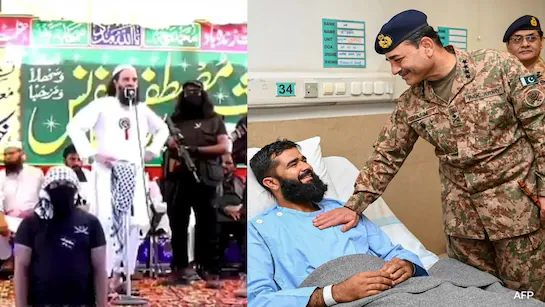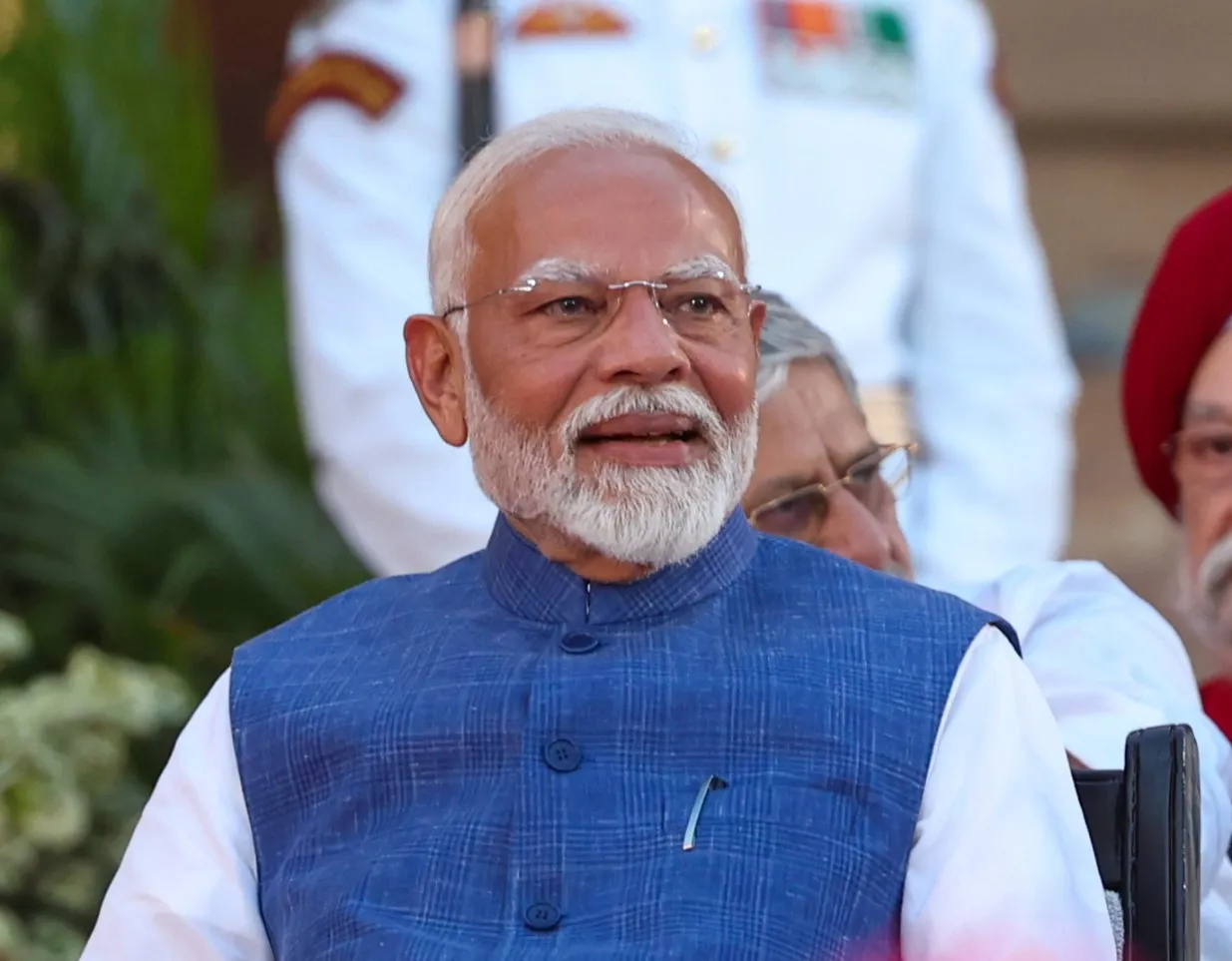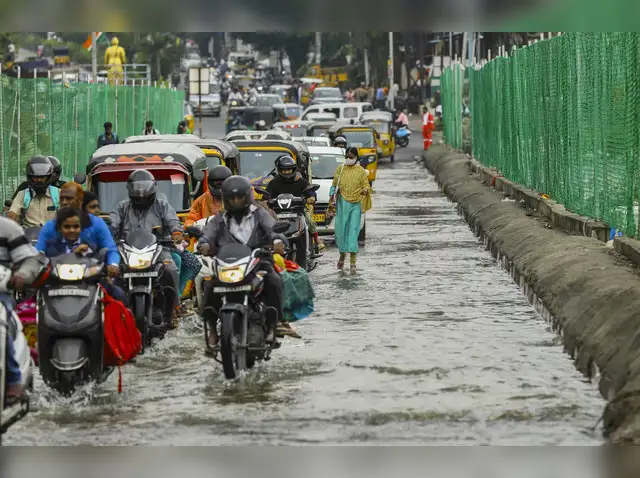Now Reading: Pakistan Army Chief Asim Munir Accused of Honouring ‘Operation Sindoor’ Funerals: JeM’s Claims Stir Controversy
-
01
Pakistan Army Chief Asim Munir Accused of Honouring ‘Operation Sindoor’ Funerals: JeM’s Claims Stir Controversy
Pakistan Army Chief Asim Munir Accused of Honouring ‘Operation Sindoor’ Funerals: JeM’s Claims Stir Controversy

A video recently surfaced in which Jaish-e-Muhammed (JeM) commander Masood Ilyas Kashmiri alleges that Pakistan’s Army Chief, General Asim Munir, ordered top military officers to attend the funerals of terrorists killed in India’s “Operation Sindoor.” India has reacted sharply to the claim. Both the allegations and their potential implications are bringing fresh tensions in an already volatile cross-border landscape into sharper focus.
What JeM Claims
According to Kashmiri, orders came from GHQ (General Headquarters) in Pakistan directing corps commanders to accompany the funeral processions of slain JeM militants. He says the officers attended in uniform, stood guard, and offered the last salute to those killed during the Indian precision strikes. The video also reportedly confirms that Masood Azhar, JeM’s leader, and his family were affected during the strikes.
Operation Sindoor: Background
Operation Sindoor was launched by India after a terror attack in Pahalgam that killed civilians. Multiple sites inside Pakistan and Pakistan-occupied Kashmir linked to terror groups including JeM and Lashkar-e-Taiba were targeted. Indian authorities insist the strikes were focused on infrastructure and hideouts of terrorists. Pakistan has denied hosting such camps, calling the claims unverified.
India’s Response and Diplomatic Fallout
India has seized on Kashmiri’s statements. Officials say this could validate long-standing allegations about cross‐border militant support by entities in Pakistan. The claims could shape diplomatic postures, tightening narratives on terror and national security. There is talk that this could also affect bilateral talks, international perceptions, and pressure on Pakistan to clarify its role.
Challenges of Verifying the Claim
The authenticity of the video and the statements remain unverified independently. Pakistan’s military has neither confirmed nor denied Kashmiri’s charges yet. There is also ambiguity in media reports: whether uniforms seen are indeed those of active GHQ personnel, whether the funerals were attended in an official capacity, or whether these gestures were symbolic/internal.
What This Means for Tier-2 India
For readers in Tier-2 cities, this episode matters because it impacts how national security and foreign policy debates unfold. Local politicians and media often echo central narratives around cross-border terrorism. Increased tensions could lead to stronger border security, tighter visa rules, or more public discussion of military preparedness. Citizens may also expect more clarity from their government about how such cross-border incidents are handled.
Balancing Claims, Realities, Risks
If the JeM charges are true, they reinforce claims that state apparatus in Pakistan may have symbolic or logistical involvement in events related to militant groups. But claims alone are not proof. Misreporting, propaganda, or exaggerations are risks on both sides. For India, international reaction and evidence will matter. For Pakistan, how it responds—to confirm, deny, or investigate—could carry diplomatic consequences.
Conclusion
The controversy around General Asim Munir’s alleged order to honour JeM members killed in Operation Sindoor highlights the fraught space between public claims and verifiable fact. For now, it adds another layer of tension in the India-Pakistan security equation. What happens next—how Pakistan reacts, how India uses this information, and how the international community weighs it—all will determine whether this becomes another flashpoint or fades into the stream of contested narratives.

























